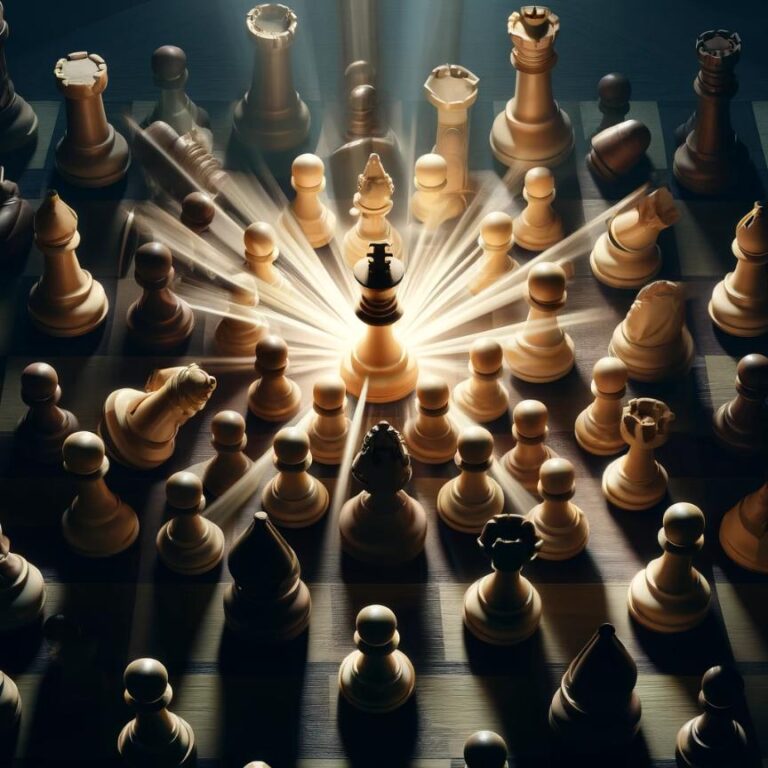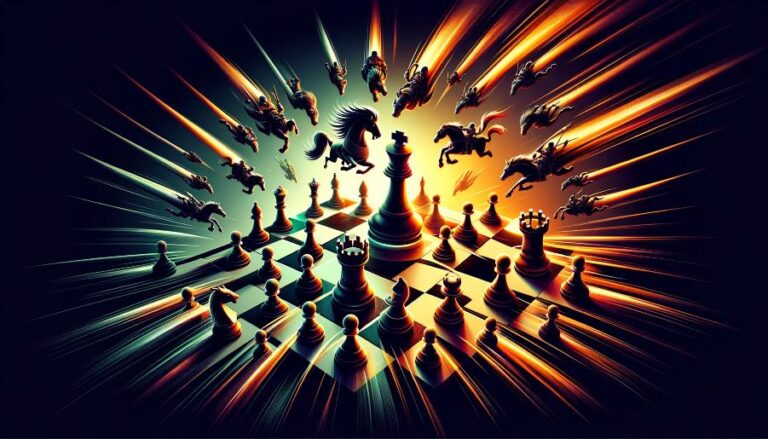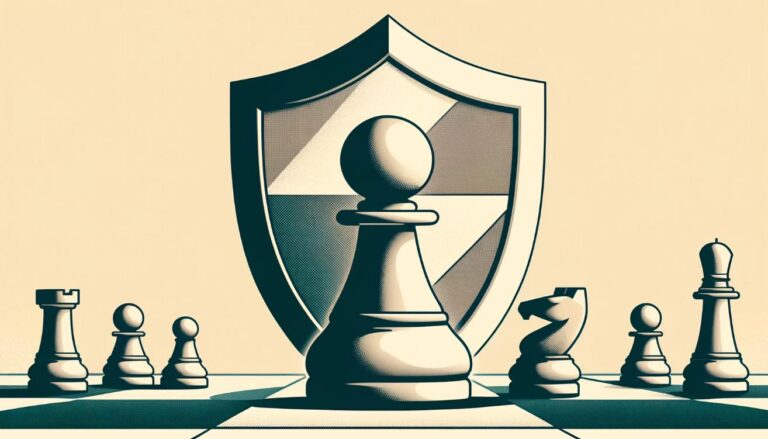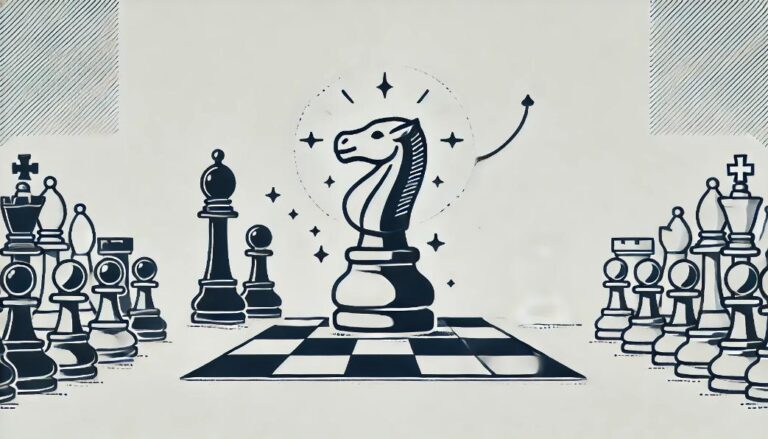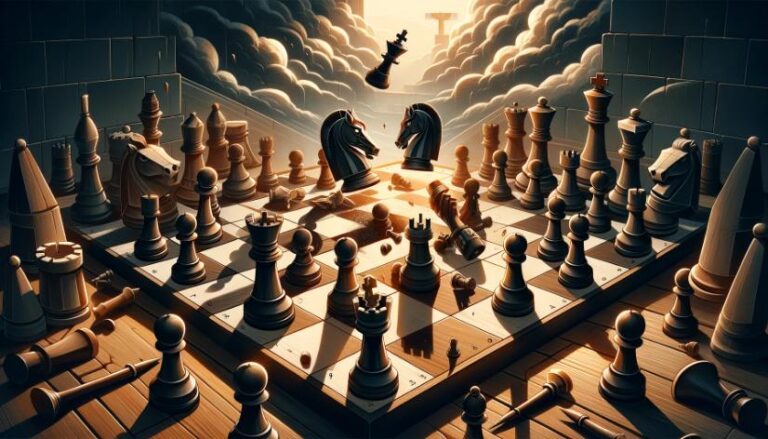About the English Chess Federation
The English Chess Federation (ECF) is the governing body for chess in England. It was established in 1904 and has been promoting, organizing, and developing the game of chess in England ever since.
One of the main goals of the ECF is to encourage participation in chess at all levels and to make the game accessible to everyone. This includes promoting the game in schools, organizing tournaments for players of all levels, and providing resources and support for chess clubs and coaches.
Promoting Chess in Schools
One of the key initiatives of the ECF is the promotion of chess in schools. The ECF believes that chess can have a positive impact on young minds by developing critical thinking skills, improving concentration and memory, and fostering creativity and strategic thinking.
Tournaments and Events
The ECF organizes a wide range of tournaments and events for players of all ages and abilities at all time control bullet, blitz, rapid and classic. These include the British Chess Championships, which is the most prestigious chess event in the country, as well as various regional and national championships.
In addition to these national events, the ECF also organizes international events such as the World Chess Olympiad and the European Team Chess Championships, in which the English national teams compete against top players from around the world.
The ECF and AI in Chess
With the advancement of technology and the rise of artificial intelligence, the ECF has recognized the need to embrace and incorporate AI in the game of chess. In 2018, the ECF launched the Chess960 Grand Prix, which is a series of rapid chess tournaments played using Chess960, a variant of traditional chess that involves randomizing the starting position of the pieces.
The ECF continues to explore ways in which AI can enhance the game of chess, while also keeping the human element and the traditional rules of the game intact. It recognizes that while AI may have a significant impact on the way chess is played and taught, it cannot replace the strategic thinking, creativity, and emotional intelligence of human players.

